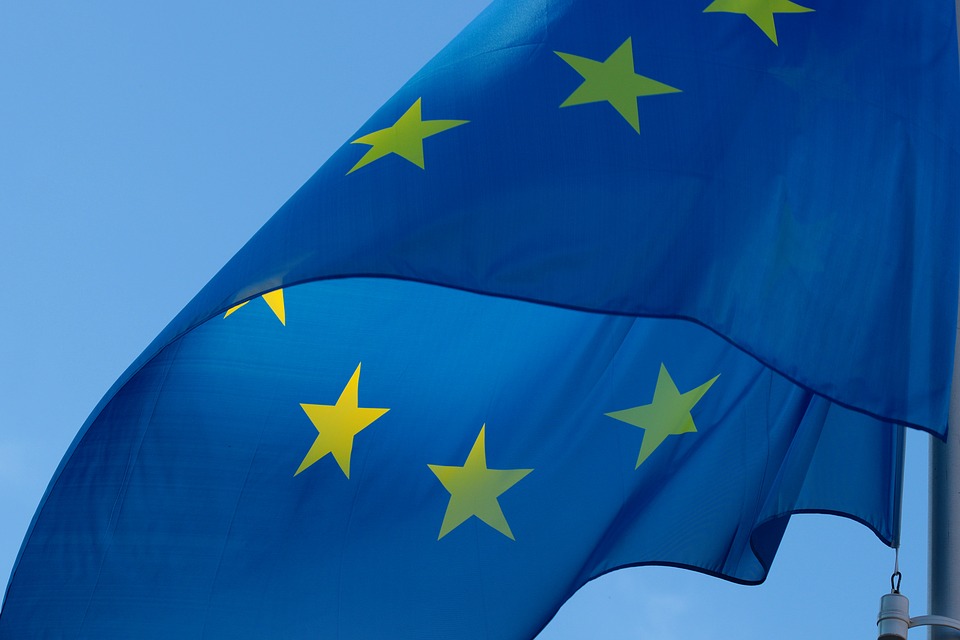Panama’s decision to cut ties with Taiwan in 2017 prompted a surge in Chinese activity in the Central American nation, including the negotiation of a bilateral free trade agreement, two new port projects (one to ship liquefied natural gas and another for cruise ships), a series of canal-related initiatives, and talk of a railway that would run from Panama City to Chiriquí Province, near the border with Costa Rica. The latter was the first project in Latin America to be officially associated with China’s Belt and Road Initiative.
Booming Chinese activity in Panama has attracted considerable attention from U.S. officials over the past year, many of whom are increasingly wary of the potential effects of heightened Chinese engagement in the Latin American and Caribbean region. Some have expressed concern about the economic impact of opaque bidding processes or poorly-negotiated deals, while others worry about China’s possible strategic interests in Panama or the region’s growing reliance on or indebtedness to China. In September 2018, a little more than a year after Panama established diplomatic relations with China, U.S. Secretary of State Mike Pompeo shared these concerns during a visit to Panama City, noting instances of “predatory” activity among Chinese state companies. Others have voiced concerns about certain elements of the relationship, including possible preferential treatment for Chinese companies, which could lead to unfavorable outcomes for both Panama and the companies themselves.
It is still too early to know how the China-Panama relationship will evolve, however. Most of the projects awarded to Chinese companies are in the very earliest stages of construction or else are delayed. Measuring outcomes is a near impossibility at this phase. Even so, there is considerable potential for even more Chinese deal-making in the country, whether through investment, finance, or trade. Motivated by Panama Canal-related and other opportunities, Chinese investors have viewed Panama as a favorable investment destination for more than a decade, long preceding Panama’s establishment of diplomatic relations with the Chinese mainland.
To date, though, Panama would appear to be taking a relatively measured approach to engagement with China, despite the recent uptick in Chinese activity. Chinese companies are certainly involved in a substantial number of infrastructure projects in Panama—about 15 to date, according to Inter-American Dialogue analysis. But most of China’s activity in Panama is in the form of construction contracts rather than equity investments. This is distinct from the sort of Chinese activity evident in some other countries in Latin America. The major exception in Panama is an LNG project that will be entirely financed and constructed by a consortium of Chinese firms. Given its scale, the Panama-Chiriquí Railway, for which China Railway Corporation completed a feasibility study, could also be a likely candidate for Chinese finance, including from China Development Bank or China Export-Import Bank. The project has yet to be seriously considered by the current government, however.
Chinese companies have nevertheless been successful in establishing themselves as key partners in some of Panama’s strategic sectors. China’s growing economic presence in and around the Colon Free Trade Zone and near the Panama Canal achieves multiple aims for Beijing, whether as a form of economic diplomacy or an effort to bolster AI-based surveillance technology development and/or monitor Canal-related comings and goings.
Best outcomes for Panama, whether in its relations with China or other economic partners, will depend on the country’s commitment to open and equitable procurement processes and effective project monitoring and evaluation. China has been an important supporter of Panama’s growth agenda, especially after the Panama Papers dealt a blow to the country’s financial sector, but strong institutions and a wide range of partnerships will be critical to achieving broader development-related aims.



